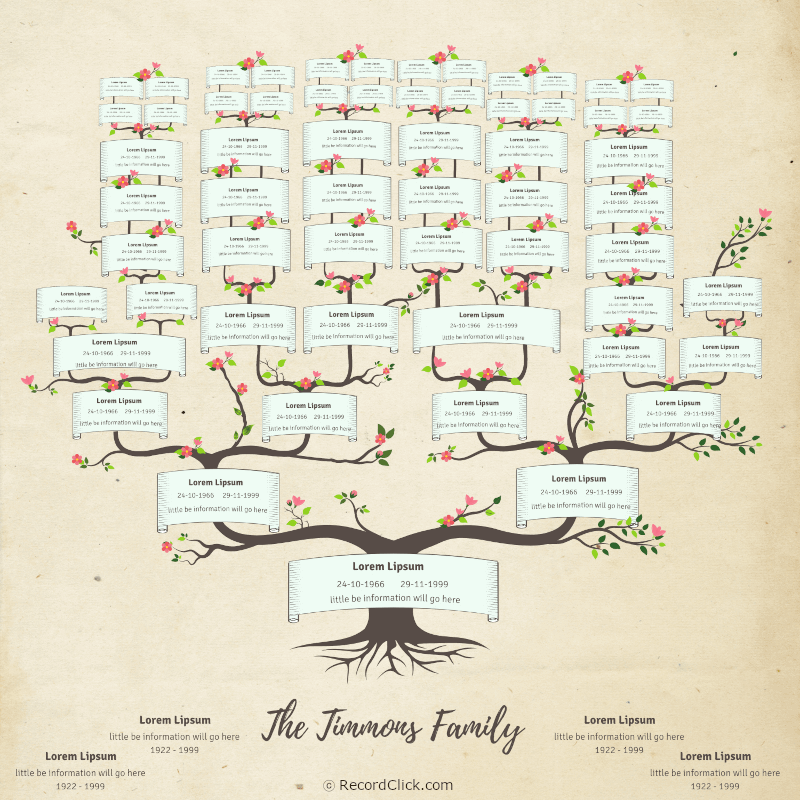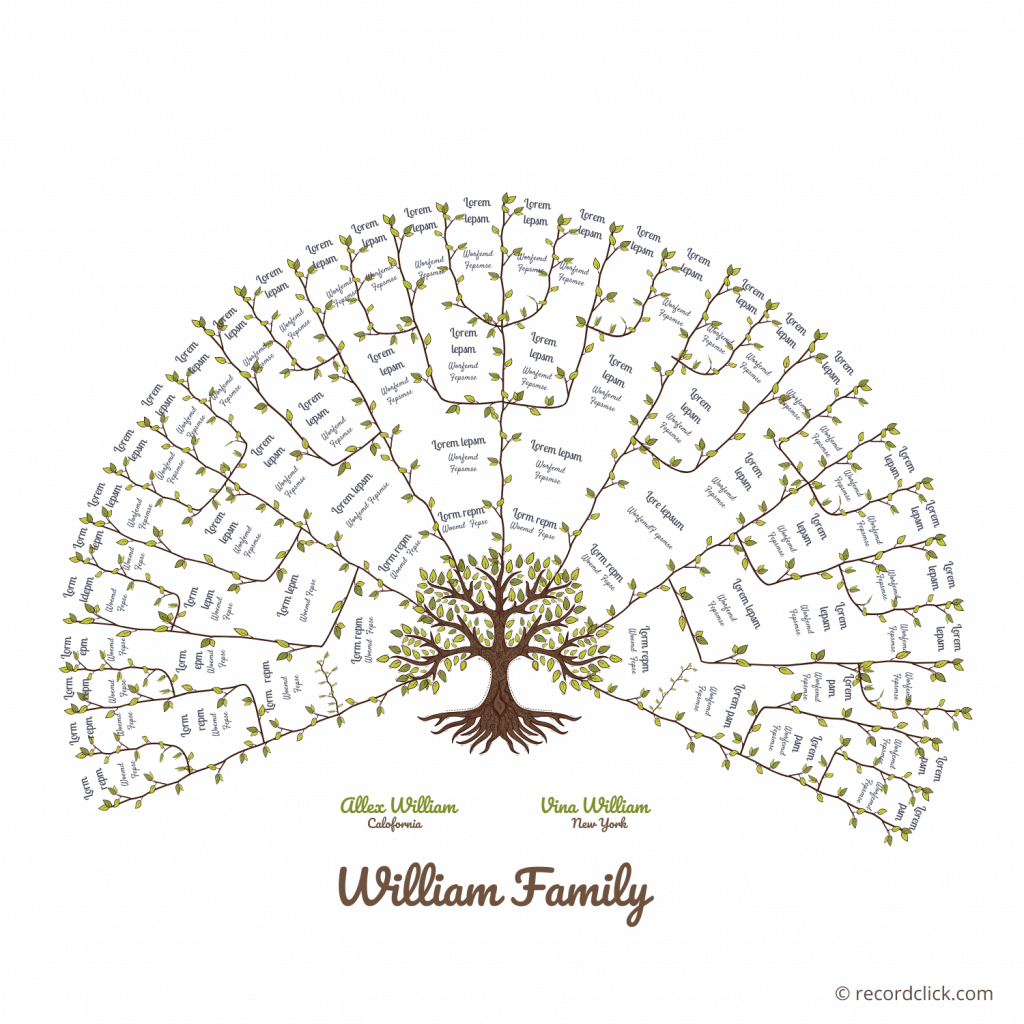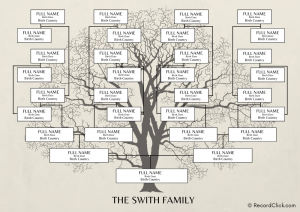German Genealogy – Tracing your German Roots in Germany – Tips from a German-based Genealogical Researcher
We’re a professional genealogy research company. Our German researchers can help you locate records in Germany, complete your citizenship by descent, find your German roots and your German ancestry, locate pictures and ancestral stories, and more…
German Genealogy researchers in Germany

available
Max
(Holzgerlingen, Germany)

available
Matteo
(Munich, Germany)

available
Tilda
(Essen, Germany)
Hamburg / Germany
Frankfurt / Germany
Read: German Citizenship by Descent
Table of Contents
Genealogical research in Germany can be a fascinating and productive study; at the same time, it can be disappointing and frustrating. The same may be said for all ancestry searches – domestic or international – but it is even truer for researching genealogy in Germany. The reason for this has a lot to do with the historic development of Germany over the last 1,000 years. The United States is a relatively young country at only 237 years, compared to European countries with thousands of years of history. Germany is one of those countries with an ancient history; however, relatively speaking, “Germany” as a nation is extremely young.
Present-day Germany has been in existence only since 1990, when it was formed out of the 11 “older” federal states of the Federal Republic of Germany, and the five “newer” federal states of the former German Democratic Republic. Where the difficulty comes for genealogists researching German genealogy is that every one of these federal states has at least one main archive, depending on its size. Bavaria for example has nine, while Hamburg only has one. Family genealogists conducting German ancestry searches are met with the fact that German territories are now part of other countries, which means there are many different archives in the federal states in Germany.
If you want to research German archives today, you should always remember that the frontiers outside and inside the land called “Germany” were historically far from stable. As people moved, so did their archives. For example: the descendants of Christian IV moved from Zweibruecken to Munich, handing over some (but not all) of the territories on the left side of the river Rhine after 1816 to the Prussian Kings or the Hessian Landgraves of Hesse-Homburg. The descendants of Christian IV took their archives with them, which means that you could find traces of your ancestors in archives in Munich, as well as in Darmstadt (Hesse) or Koblenz (Rhineland-Palatinate).
9 Tips for your German Genealogy Search
Before you begin your German genealogy search, consider the following:
- Find out as much information as you can about your ancestor
- Know the time period in which your German ancestors lived
- Know under whose reign your German ancestors were born
- Were your ancestors Catholic or Protestant? This is important if you choose to search church archives
- Try to identify the site and the size of the place where your German ancestors lived. What was once a village could now be incorporated as a town or a city; a town may now belong to one of the other nations surrounding Germany
- Identifying the site is also important to start the research in the right area. There are several villages and towns with the same name, but they are located several hundred miles apart
- Remember that the spelling of your German ancestor’s name or the place where he/she lived could have changed over the years. The further back your search leads you, the more likely it is to find different notations in the records
- Try to get used to the different scripts and printed letters used in the German language, such as “Sütterlin” or “Fraktur”
- FamilySearch.org or Ancestry.com are great genealogical research resources. You can access them to find out if there are already digitized records available.
FamilySearch has more than 40 Historical Record Collections for Germany, dating from pre-1700s to present day. Included in the collections are census and lists; birth, marriage, and death records; probate and court records; military records; migration and naturalization records, and others.
If you speak German, Ancestry Deutschland offers its website in the German language.
Staying Organized
Keep in mind, genealogy is a popular hobby for many people, as it can be both interesting and informative. If you’re just getting started, one of the best ways to organize your research is to create a tree. There are several ways to do this, but one of the simplest is to use a printable tree template.
You can find them here: https://recordclick.com/templates/
Additional German Genealogy Websites:
- Cyndi’s List Germany / Deutschland: Search for links to German genealogy websites on the Internet
- Family Search.org offers a “Germany Page” in a Wiki format that includes sections on “Getting Started with German Research,” Nobility and Government Areas,” “New Portal for German Church Records on the Internet,” as well as helpful “Research Tools”
- Genealogy Roots Blog provides “Tips for Finding Your German Immigrant Ancestor’s Hometown in Germany.”
The more information genealogists have have, the easier genealogical research will be. Information is necessary, not only concerning your ancestors themselves, but also knowing how and where to find an archive, a location, or other information that will aid your genealogical research.
Because RecordClick recognizes research trends, and has the desire to help you find your ancestors, they have drastically increasing their genealogy ancestry services in Germany, staffing more in-country professional genealogists, to help trace your ancestry. With so many archives to deal with, language barriers, and the inevitable need to research in faraway locations, a German-based genealogist for hire may be your best bet.
Free German Genealogy Assessment
German-born and educated Thomas Dunzweiler is an author, translator, journalist, independent scholar, and genealogical researcher in Rhineland-Palatinate. Thomas, who lives in his hometown of Meisenheim, Germany, serves as the Co-Chairman of the Historischer Verein Meisenheim e.V. – the Meisenheim Historical Society (a registered non-profit organization). He also serves as official town guide for the Verbandsgemeinde Meisenheim (VG Meisenheim community association), taking special enjoyment in telling tourists that his town is not just involved in world history, it is responsible for world history.









